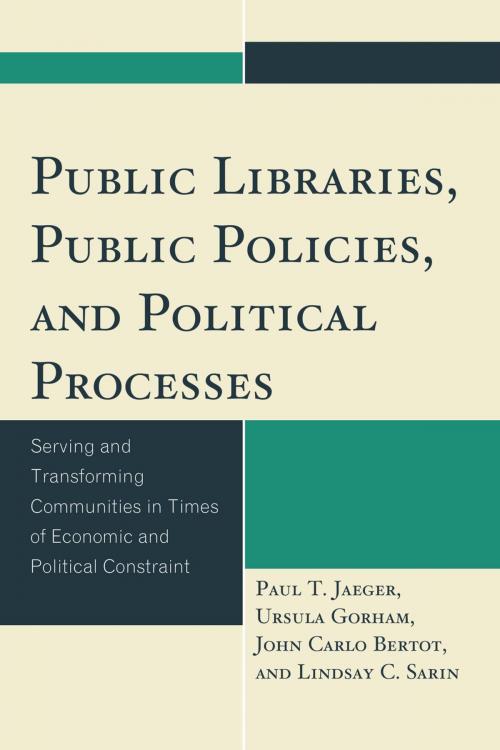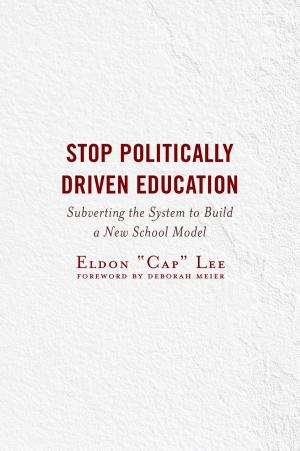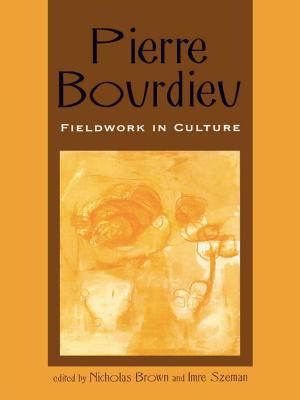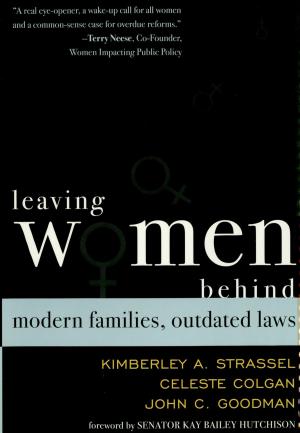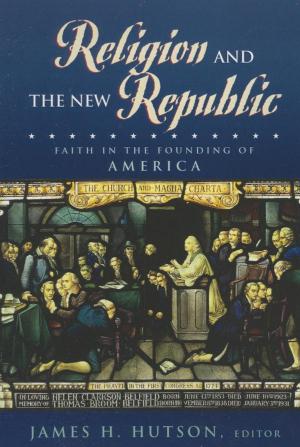Public Libraries, Public Policies, and Political Processes
Serving and Transforming Communities in Times of Economic and Political Constraint
Nonfiction, Reference & Language, Language Arts, Library & Information Services, Social & Cultural Studies, Political Science, Government, Public Policy| Author: | Paul T. Jaeger, Ursula Gorham, John Carlo Bertot, Lindsay C. Sarin | ISBN: | 9781442233478 |
| Publisher: | Rowman & Littlefield Publishers | Publication: | April 15, 2014 |
| Imprint: | Rowman & Littlefield Publishers | Language: | English |
| Author: | Paul T. Jaeger, Ursula Gorham, John Carlo Bertot, Lindsay C. Sarin |
| ISBN: | 9781442233478 |
| Publisher: | Rowman & Littlefield Publishers |
| Publication: | April 15, 2014 |
| Imprint: | Rowman & Littlefield Publishers |
| Language: | English |
Drawing on two decades of original research conducted by the authors, as well as existing research about the intersection of public policy, political discourse, and public libraries, this book seeks to understand the origins and implications of the current standing of public libraries in public policy and political discourse. It both explains the complex current circumstances and offers strategies for effectively creating a better future for public libraries.
The main message is that there is a pressing need for public librarians and other supporters of public libraries to be:
- Aware of the political process and its implications for libraries;
- Attuned to the interrelationships between policy and politics; and
- Engaged in the policy process to articulate the need for policies that support public libraries.
The style is both scholarly and accessible to general readers, with the goal of being useful to students, educators, researchers, practitioners, and friends of public libraries in library and information science. It will also be usefull for those engaged in areas of public policy, government, economics, and political science who are interested in the relationships between public libraries, public policy, and political processes.
Building upon the discussion of the key issues, the book offers proposals for professional, policy-making, and political strategies that can strengthen the public library and its ability to meet the needs of individuals and communities. The discussion and analysis in the book draw upon data and real world examples from the many studies that the authors have conducted on related topics, including libraries’ outreach to increasingly diverse service populations and efforts to meet community needs through innovative partnerships.
As the intersection of politics, policy, and libraries has grown in importance and complexity in recent years, the need for a book on their interrelationships is long overdue.
Drawing on two decades of original research conducted by the authors, as well as existing research about the intersection of public policy, political discourse, and public libraries, this book seeks to understand the origins and implications of the current standing of public libraries in public policy and political discourse. It both explains the complex current circumstances and offers strategies for effectively creating a better future for public libraries.
The main message is that there is a pressing need for public librarians and other supporters of public libraries to be:
- Aware of the political process and its implications for libraries;
- Attuned to the interrelationships between policy and politics; and
- Engaged in the policy process to articulate the need for policies that support public libraries.
The style is both scholarly and accessible to general readers, with the goal of being useful to students, educators, researchers, practitioners, and friends of public libraries in library and information science. It will also be usefull for those engaged in areas of public policy, government, economics, and political science who are interested in the relationships between public libraries, public policy, and political processes.
Building upon the discussion of the key issues, the book offers proposals for professional, policy-making, and political strategies that can strengthen the public library and its ability to meet the needs of individuals and communities. The discussion and analysis in the book draw upon data and real world examples from the many studies that the authors have conducted on related topics, including libraries’ outreach to increasingly diverse service populations and efforts to meet community needs through innovative partnerships.
As the intersection of politics, policy, and libraries has grown in importance and complexity in recent years, the need for a book on their interrelationships is long overdue.
